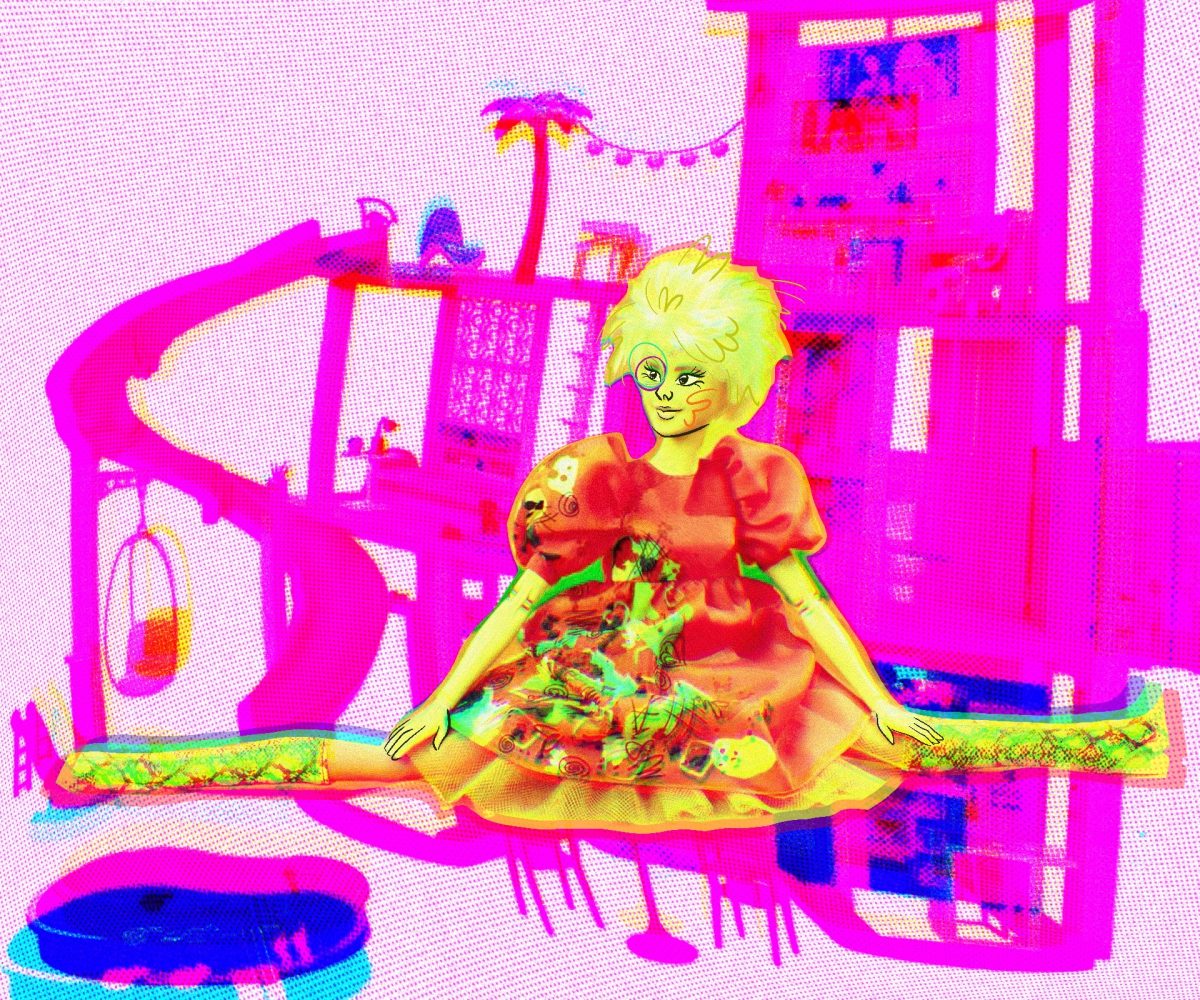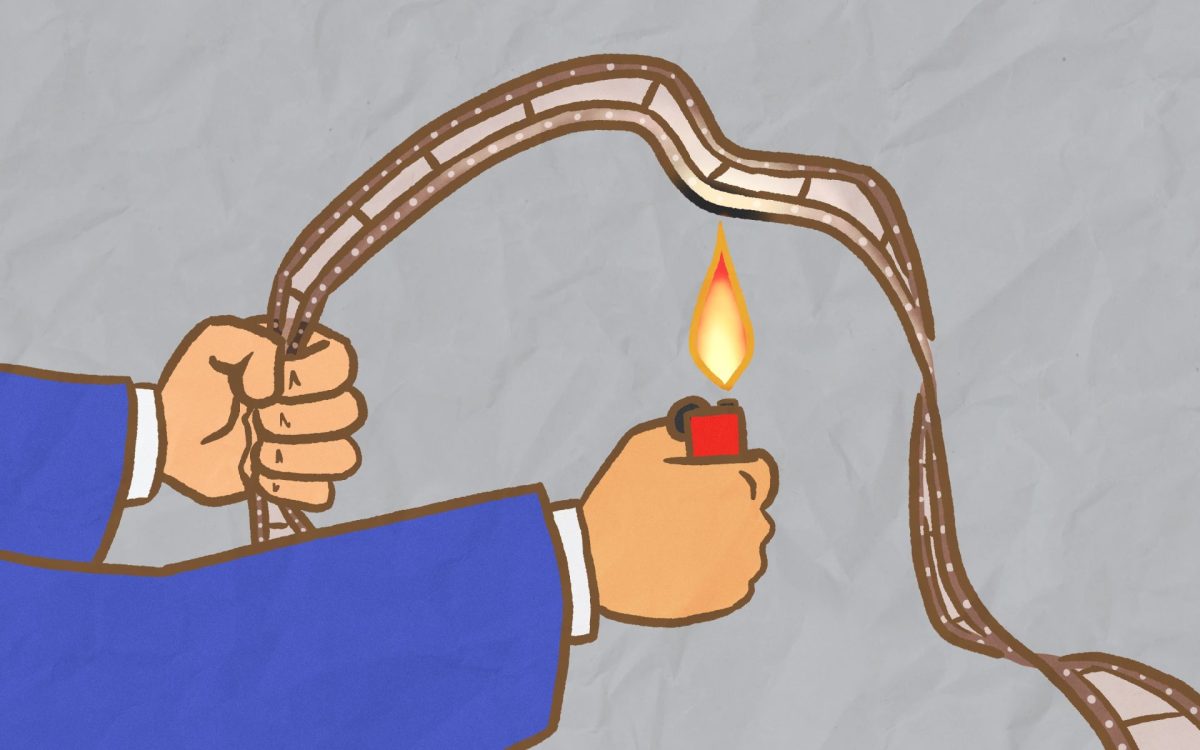This year was the summer of Barbie. Pink filled the streets and everyone’s closet as acclaimed director Greta Gerwig’s live-action “Barbie,” starring Margot Robbie and Ryan Gosling, broke box office records as the first film directed solely by a woman to make over $1 billion in 17 days.
The first time I saw “Barbie” was a day before its release. My friend and I dressed in coordinated pink dresses and heels and drove seven hours south from Cupertino, California to Malibu, California, blasting Barbie music the whole way.
Don’t get me wrong — I loved it when I saw it the first time. The sets and the soundtrack were incredible, the jokes landed well, and Robbie and Gosling were fantastic in their roles, as was most of the star-studded cast. Still, I have to wonder how much of that excitement was hype from endless marketing campaigns and how much was actually justified.
I watched “Barbie” again in Chicago recently with a different group of friends, both of whom had seen the movie before. One of my friends fell asleep halfway through the movie, and the other was talking to me about how it wasn’t that good the second time, and I have to agree.
“Barbie” follows the main character, stereotypical Barbie, as she and Ken go to the real world from Barbieland and learn about the patriarchy. Ken then goes back to Barbieland and introduces the patriarchy, leaving Barbie and two human companions, mother Gloria and daughter Sasha (played by America Ferrera and Ariana Greenblatt) to “un-brainwash” the other Barbies from the Kens’ patriarchal thinking.
There were many problems I had with the film, such as the relationship between Gloria and Sasha, and how it is magically repaired with no actual plot showing Sasha or Gloria’s growth, or the completely unnecessary addition of Will Ferrell’s character. But most importantly, I disliked the underlying message it was giving to its audience.
First, the way that all the Barbies immediately fell into the confines of the patriarchy because they were never exposed to the cognitive dissonance required to be a woman in the patriarchy is lazy writing at best, and downright demeaning at worst. I refuse to believe that a group of Nobel Prize winners, doctors, politicians and the literal president accepted the patriarchy with open arms.
My biggest critique of the movie is how quickly Barbie was able to forgive Ken. When the Barbies ruled Barbieland, while they didn’t treat the Kens in the best way, they never forced them into submission the way the Kens did to the Barbies.
I understand the goal of the film was to make feminist ideals palatable for a wider audience, but the ending felt like a mockery of the feminist movement, especially the part where Ken’s behavior is excused because he does not understand who he is as a person, and deep down, he is harmless.
This is seen with Will Ferrell’s character, the CEO of Mattel, as well. He is painted as harmless because he’s just a stupid man, but really, he is a capitalist who is directly profiting from all the feminist ideals that Barbie holds. His entire board is made of men, and he is repeatedly shown to care only about what will make him the most money, even when Ken took over Mattel. The movie frames this as a joke, but it is the sad reality of capitalism, only caring about a social cause when there is money to be made.
It is very tempting for feminists to paint men as stupid, unable to understand their role in society and how their actions affect women. Some men are emotionally unintelligent, but even more men are smart and fully aware of the ways in which they take advantage of women. I believe there are many men who use women’s assumption they are stupid to take advantage of them, such as in the case of weaponized incompetence, where men pretend to be incapable of completing basic tasks in the hopes that women will do those tasks for them.
There are more malicious ways in which this manipulation can occur as well. Too many women excuse inexcusable behavior from their male partners, such as neglect and cheating, because they genuinely believe their partner does not know any better. When we start to reduce men down to stupid, innocent Kens who don’t know any better, we open the gates for men to use that to their advantage.








